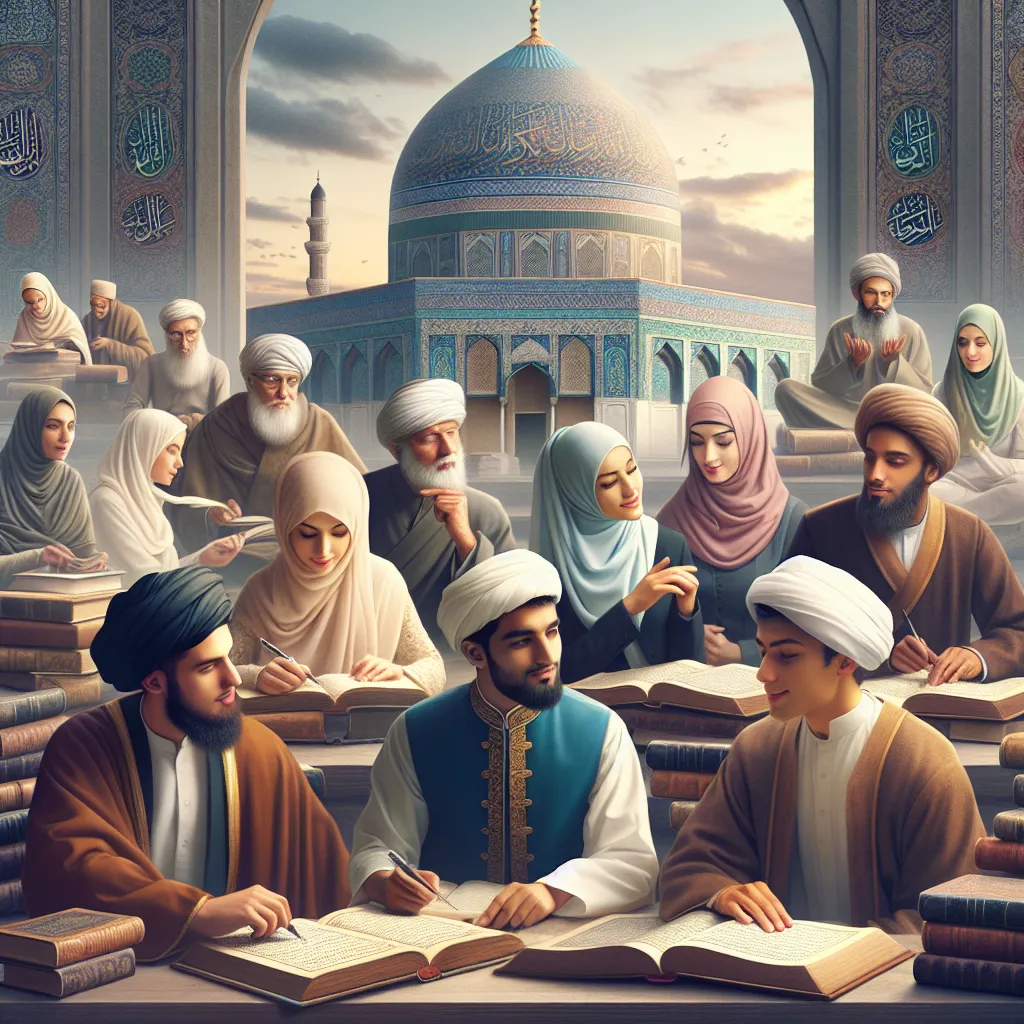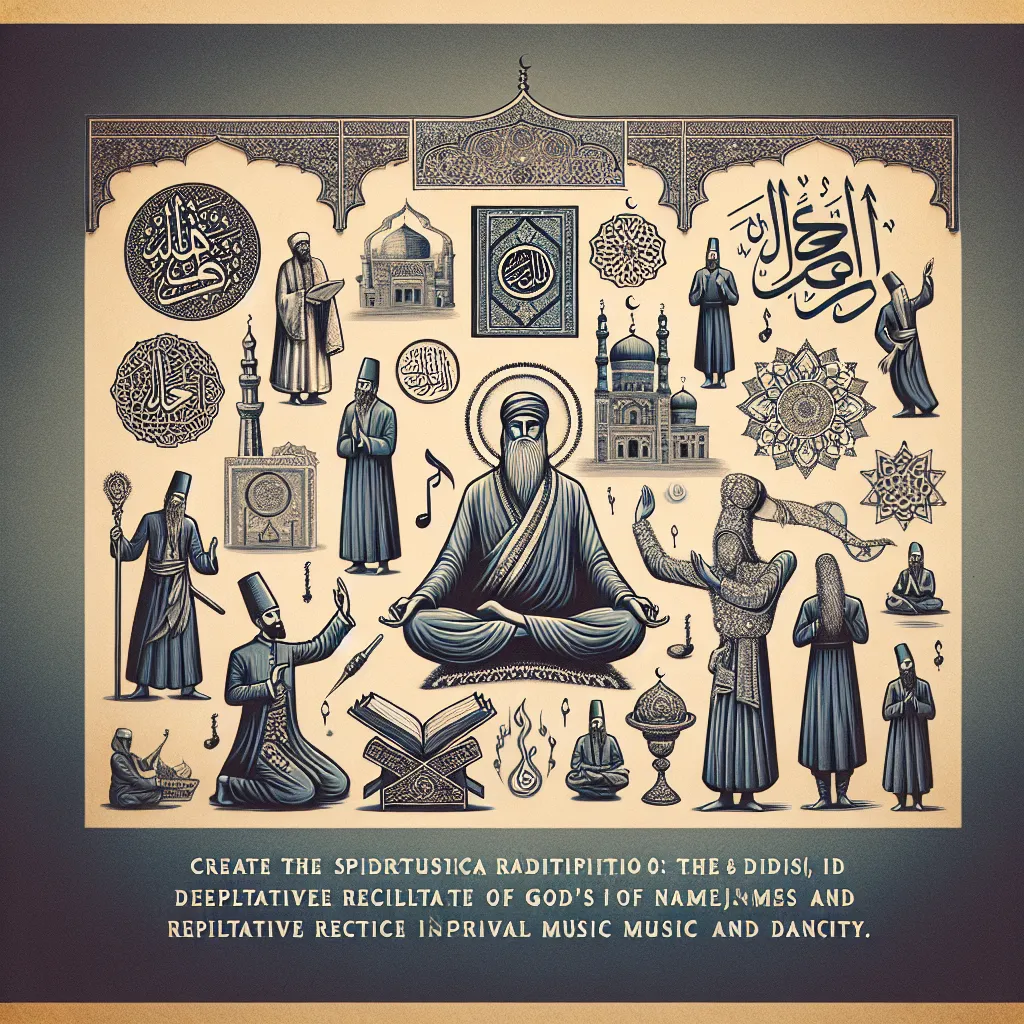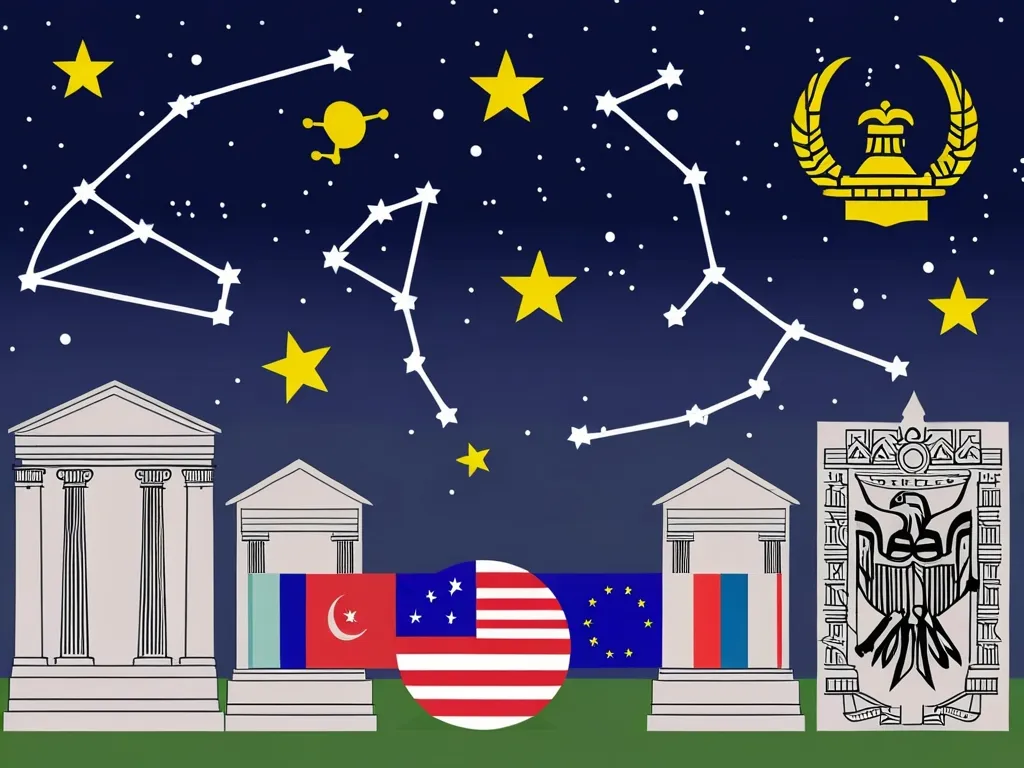Salafism frequently appears in modern conversations about Islam, often linked with fundamentalism and jihadism. But peeling back the layers of sensationalism, what exactly is this movement? Where did it spring from, how does it mesh with mainstream Islam, and what role does it play both in the Muslim world and globally today?
Salafism, derived from “As-Salaf As-Saleh” or “the pious predecessors,” traces back to the generation during and just after Prophet Muhammad’s time. This generates are esteemed for practicing Islam in what Salafis see as its purest form. In essence, Salafism aims to cleanse Islam from innovations, returning to the practices of those early Muslims. It’s key to understanding contemporary Islam, especially given its significant influence in places like Saudi Arabia.
But here’s the twist—revering the early Muslims isn’t unique to Salafism. Virtually all Muslims look up to these early generations. Where Salafism stands out is in its method and interpretation of how the practice of those generations should influence modern Islam.
Historically, Salafism shows up fairly early. Notably, figures like Ahmad ibn Hanbal promoted a textual approach to Islam, shunning rationalist influences and emphasizing the Quran and Hadith as sole sources. Later, Ibn Taymiyyah, a 14th-century scholar, further solidified Salafi ideas. He condemned various practices and beliefs, envisioning a return to Islam’s perceived true essence.
Then came Muhammad ibn Abd al-Wahhab in the 18th century, advocating for similar purifications. His alliance with the ruling Saud family in modern Saudi Arabia ensured his brand of Salafism—often dubbed Wahhabism—would thrive, although they prefer the term “Muwahhidun” or monotheists.
Modern Salafism truly took shape in the 19th and 20th centuries, often as a reaction to colonial pressures and modernization. Some wanted to harmonize Islam with Western influences, others stayed strictly traditionalist, but all sought to reform Islam based on pure monotheism.
The methodology within Salafism is complex. They maintain a strict reading of primary sources—the Quran and Hadith—eschewing much of the centuries-old Islamic jurisprudence. Innovating or adding new practices deemed unsanctioned by these sources is a strict no-go for Salafis. This textual rigidity leads to recognizable practices and attire among Salafis, setting them apart from other Muslims.
While adherents might share core beliefs, the Salafi landscape is varied. Some focus solely on personal piety, distancing themselves from politics (quietists), while others engage actively, even violently, in politics (jihadists).
Jihadi Salafism, while getting significant attention due to groups like al-Qaeda and ISIS, represents only a fringe segment. Most Salafis remain politically quiet or reformist without resorting to violence. This misconception looms large but fails to reflect the nuanced reality of the Salafi world.
Salafism has thrived partly due to its strong, clear message claiming the purest form of Islam, offering a sense of clarity and identity, especially to young Muslims and those feeling alienated. Its universalism transcends national and cultural boundaries, appealing to those searching for simple, all-encompassing religious truth.
The internet too has boosted their reach, with many Salafi websites and personalities becoming popular sources of Islamic guidance. As a result, Salafi ideas sometimes permeate even non-Salafi Muslim communities unknowingly.
In the end, Salafism remains a contentious but vital part of the broader Islamic narrative. By understanding its roots, doctrines, and variations, one gets a clearer picture of its place and impact in the Muslim world today. As with any major movement, perspectives on its validity vary widely, but learning about it helps contextualize the myriad forms of practicing Islam today.






